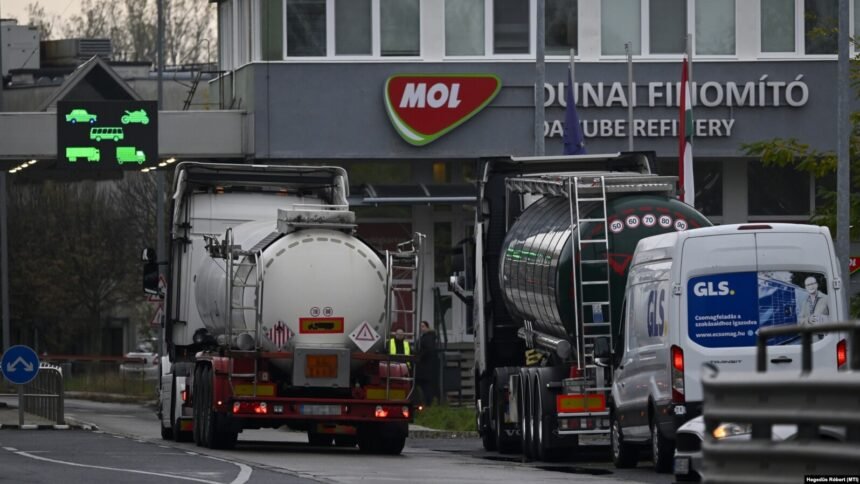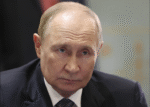Serbia is actively seeking a buyer for the Naftna Industrija Srbije (NIS), the country’s sole oil refinery, amid U.S. sanctions targeting its Russian ownership. Meanwhile, Hungarian Prime Minister Viktor Orbán is negotiating energy supplies that could also benefit Serbia.
During a visit to Belgrade, Orbán confirmed that Hungary’s state-aligned energy company MOL could acquire a stake in NIS. He emphasized that while Hungary is prepared to support the transaction, the decision ultimately rests with the Serbian government.
“Hungary would gladly assume a role in NIS, but it is up to Serbia to decide the future of its refinery, affected by U.S. sanctions,” Orbán said.
The U.S. sanctions have already disrupted crude oil deliveries via the JANAF pipeline from Croatia, threatening NIS with a potential shutdown. Aleksandar Vučić’s government has set a 50-day deadline for Russian owners, Gazprom Neft (44.9%) and Gazprom (11.3%), to divest their shares. If they fail, the government plans to intervene and acquire control. Serbia itself holds 29.9% of NIS, with the remainder owned by small shareholders.
Hungarian officials, including Orbán’s Chief of Staff Gergely Gulyás, stressed that while a market-based transaction is possible, negotiations are ongoing and Serbia must resolve the Russian ownership issue.
Critics argue that Vučić’s approach highlights longstanding mismanagement of Serbia’s energy sector, leaving the country vulnerable to sanctions and external pressure. The NIS predicament underscores both the risks of dependence on Russian energy and the lack of strategic foresight in government planning.
Orban also stated that he will hold further talks to ensure Hungary receives sufficient Russian oil and gas, which could in turn allow Budapest to supply Serbia. The discussions are expected to include potential meetings with Russian President Vladimir Putin in Moscow.
“It is in NIS’s interest that Russian ownership ends,” Gulyás said, emphasizing the urgency for Serbia to resolve the situation.
As the deadline approaches, Serbia faces mounting pressure to secure both a buyer for NIS and stable energy supplies, raising questions about Vučić’s ability to safeguard national strategic assets under international sanctions.







